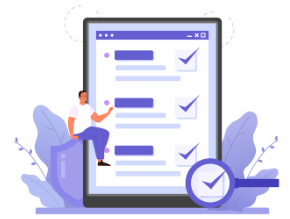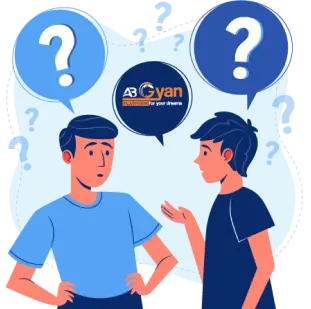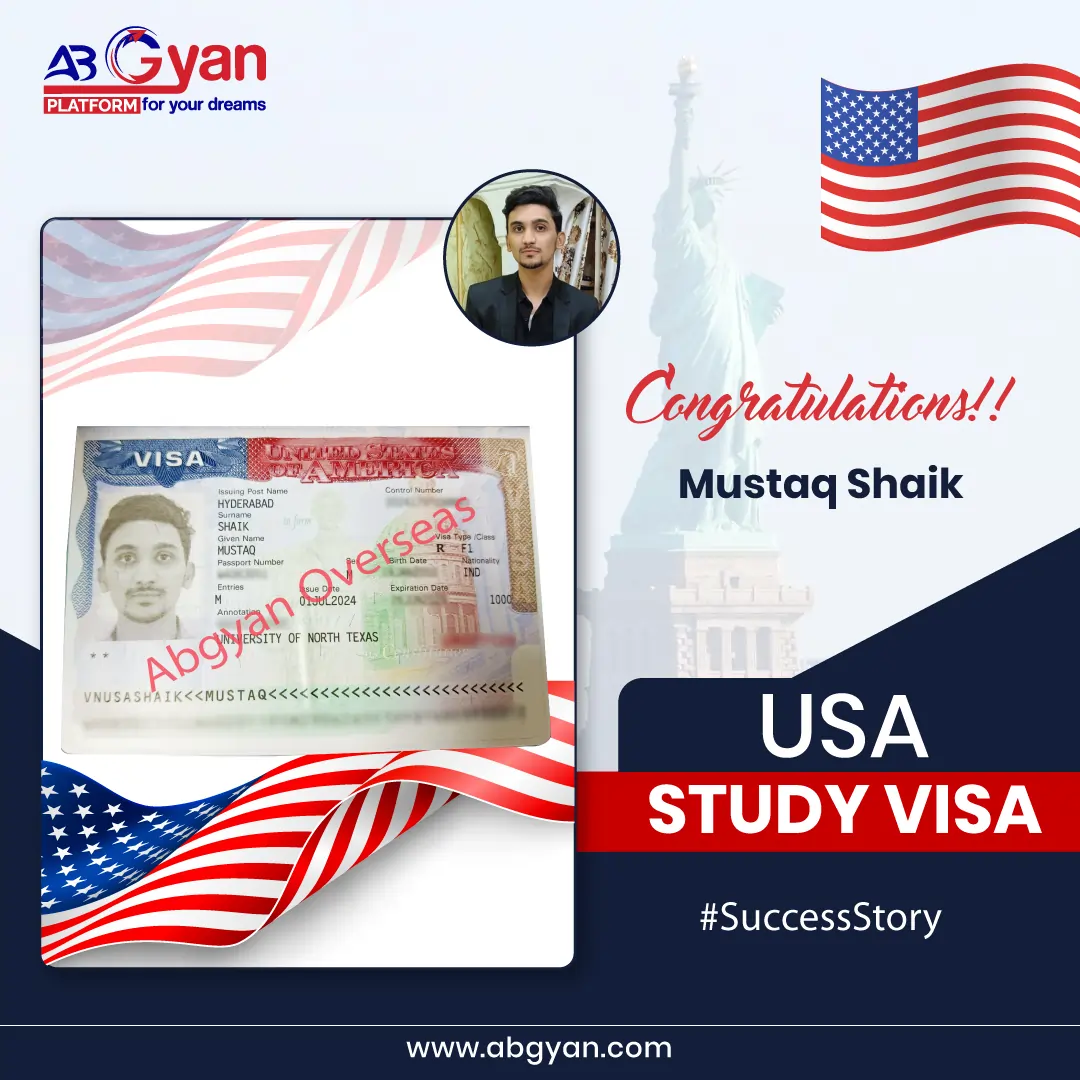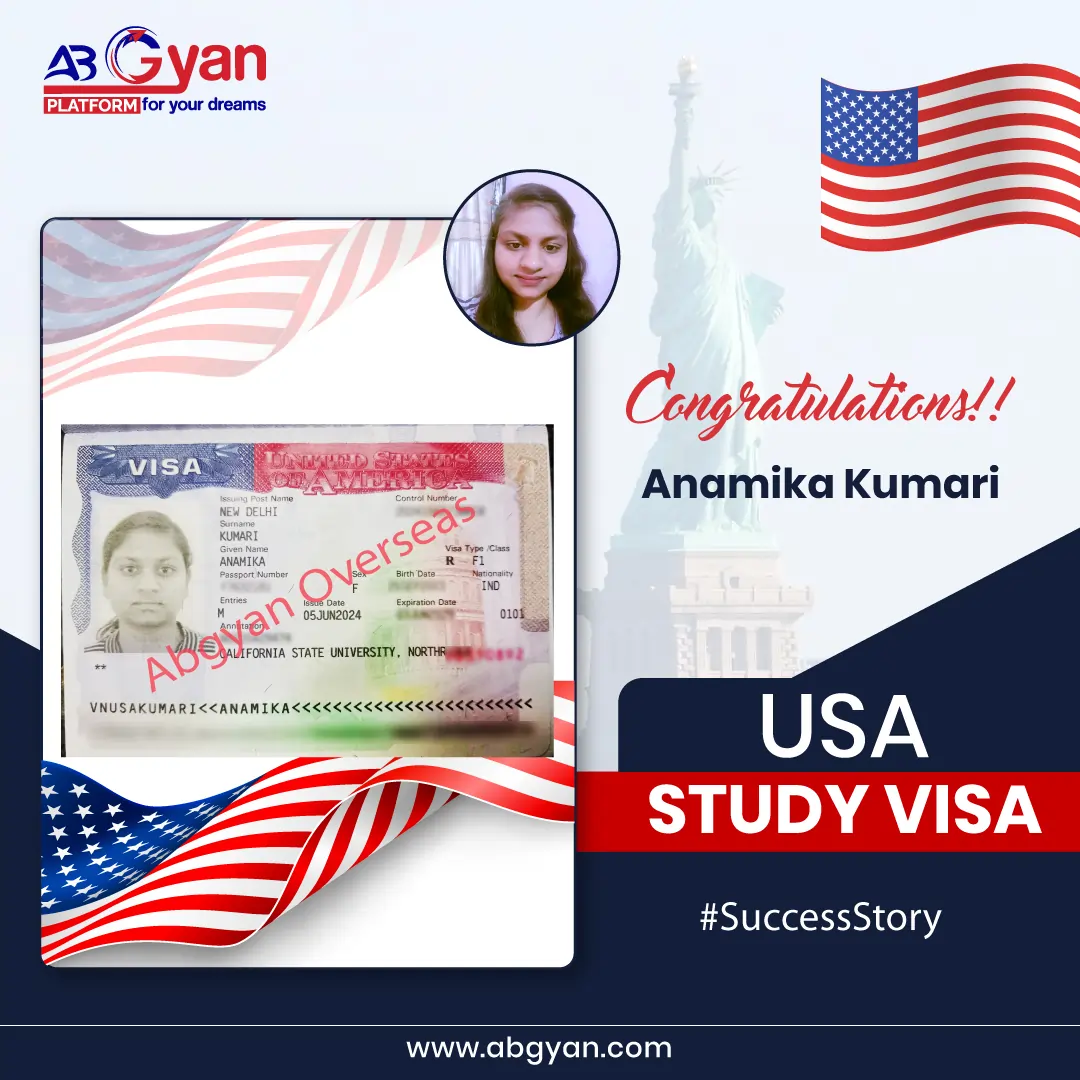
Crack GMAT With 750+ Score in first go by getting training from
GMAT Overview
GMAT preparation coaching plays a vital role in preparing individuals to win the Graduate Management Endorsement Test (GMAT). It is a widely used standardized test for MBA validation and other graduate career programs. GMAT classes programs provide comprehensive methods. GMAT training institute also has home-based materials and key directions to improve candidates' abilities in quantitative thinking, verbal ability, collaborative thinking and essay writing. GMAT preparation coaching provides tailored sessions using a variety of educational strategies, including mock exams and personal training. GMAT preparation coaching not only focuses on mastering the content but also on time management and test-taking techniques. Ultimately, the best GMAT coaching classes improve a candidate's confidence and ability to perform in the exam.
Meet our Advisors Now
(Mon to Sat 10:00 AM to 6:00 PM IST)
GMAT Analytical
Writing Assessment Test

Duration
30 MinutesQuestions
1 QuestionsGMAT Integrated
Reasoning Test

Duration
30 MinutesQuestions
12 Questions
GMAT Quantitative
Reasoning Test

Duration
62 MinutesQuestions
31 Questions
GMAT Verbal Reasoning Test

Duration
65 MinutesQuestions
36 QuestionsCourse Training Content
Analytical Writing Assessment (AWA) is the first section of the GMAT and measures your ability to analyze and write critically. It includes two tasks:
- Analyze an Argument (30 minutes)
- Analyze an Issue (30 minutes)
The AWA section assesses your skills in formulating and expressing ideas, supporting arguments, and organizing thoughts.
AWA Task 1: Analyze an Argument (30 minutes)
- Task: Evaluate the logic of an argument.
- Approach: Identify hypotheses, evidence, and overall structure.
- Objective: Critically analyze the argument presented, considering its strengths and weaknesses.
AWA Task 2: Analyze an Issue (30 minutes)
- Task: Present a point of view on a common issue.
- Approach: Formulate a clear position and provide supporting reasons and examples.
- Objective: Clearly present and defend your position on a broad topic.
Write a Coherent, Persuasive Essay
- Task: Clearly state your thesis or main idea
- Briefly describe additional ideas you will discuss
- Body paragraphs:- Each paragraph should focus on a specific point or example
- Provide evidence and reasoned reasoning to support your claim
- Ensure smooth transitions between paragraphs
- Rebuttal (optional): -Address potential objections to strengthen your point
- Reasonably refute counterarguments
- Conclusion:-Summarize the main ideas
- Restate your thesis and strengthen your main arguments
- Time Management for AWA:Allocate your time effectively, Spend about 5 minutes outlining your essay. Use the remaining time to write and review.
- Meet deadline:Spend about 25 minutes writing each essay. Avoid spending too much time on one part at the expense of the other part.
- Practice time management: Practice writing a thesis under limited time conditions to improve efficiency. Develop strategies to organize thinking quickly and coherently.
- Prioritize clarity over length: It is better to write a well-structured and concise essay than a lengthy but disorganized essay. Focus on expressing your ideas clearly within a deadline.
- Effective Check:Quickly revise your essay for grammar, spelling and clarity. Fixes obvious errors without spending too much time on in-depth editing.
Integrated Reasoning is a section of the GMAT designed to assess the ability to analyze and synthesize information from a variety of sources, providing decisions based on complex data sets.
The IR section consists of 12 questions divided into four question types and is intended to assess your skills in interpreting and evaluating information presented in different formats.
Integrated Reasoning Question Type
- Analyze Tables:Interpret information presented in tables and answer questions based on the data.
- Graphic Explanation:Analyze data presented as graphs or charts and select the correct answer from multiple-choice options.
- Multi-source reasoning:Evaluate information from multiple sources such as passages, tables, and graphs to answer questions.
- Two-part analysis: Solve complex problems with many components by choosing the correct answer options for each part.
Data Analysis and Synthesis Strategy
- Identify key information:Quickly identify relevant information in each question and understand relationships between different data sets.
- Practice mental math:Improve your mental math skills to perform quick calculations because timing is very important in the IR section.
- Information Prioritization:Focus on the most important aspects of the data to answer the question effectively.
- Scan text effectively: Develop the ability to skim paragraphs, graphs, and tables to extract necessary details.
- Link information between sources: Link information presented from different sources to draw conclusions and make informed decisions.
- Time management for the integrated reasoning section: Because there are 12 questions and 30 minutes for the entire IR section, expect to spend approximately 2 - 5 minutes on each question section.
- Prioritize question types: If you find a particular question type difficult, consider managing your time by allocating more time to the questions. Ask questions that you can more confidently answer strategically.
- Practice timed sections: Practice integrated reasoning questions regularly under timed conditions to improve speed and accuracy.
- Continue when having difficulty: If the question is particularly difficult, please move forward and come back when time permits.
- Revise your answer: If time allows, review your answer and make sure you haven't made any careless mistakes.
Quantitative Reasoning is a section of the GMAT that measures your ability to understand, interpret, and analyze quantitative information.
It assesses your mastery of basic mathematical concepts and problem-solving skills in a variety of contexts.
It assesses your mastery of basic mathematical concepts and problem-solving skills in a variety of contexts.
Comprehensive Review of Basic Math Concepts
Arithmetic: Understand basic calculations such as addition, subtraction, multiplication, and division. Focuses on numeric properties, percentages, ratios, and proportions.
Algebra:Master algebraic expressions, equations and inequalities. Become familiar with concepts such as functions, exponents, and algebraic operations.
Geometry: Review the principles of geometry, properties of shapes, and concepts of measurement. Understand coordinate geometry and geometric transformations.
Interpret data: Interpret data presented in a variety of formats, such as tables, charts, and graphs. Apply mathematical concepts to solve problems based on provided data.
Problem Solving Strategies for Quantitative Questions
- Understand the question: Read each question carefully, and identify key information and context of the problem topic.
- Develop a plan:Before solving the problem, develop a plan of attack to solve the problem, taking into account the information provided.
- Solve systematically:Solve problems systematically, showing clear calculation steps. Check the correctness of your work, especially in multi-step problems.
- Time Management: Practice time management to ensure you allocate enough time to each question. Don't spend too much time on one question; keep going if you get stuck and come back if time allows.
Data sufficiency Measurement Technique
- Identify relevant information: Determine what information is needed to answer the question.
- Consider each sentence independently: Analyze each sentence individually to evaluate its completeness.
- Combined statements:Evaluate whether combining two statements provides enough information to answer the question.
- Avoid over-calculating: In questions about data sufficiency, focus on determining sufficiency rather than solving the problem in detail.
It includes three question types
- Sentence Correction
- Critical Reasoning
- Reading Comprehension
Proficient Sentence Editing Techniques
- Basic grammar basics:Review essential grammar rules, including subject-subject agreement- verbs, verb tenses, pronoun usage and modifiers.
- Logical Structure: Understand the logical structure of sentences and ensure each part contributes coherently to the overall meaning.
- Error identification: Develop a keen eye for identifying common grammatical errors, such as misplaced modifiers, parallelism and comparison problems wrong.
- Punctuation Mastery: Learn to use punctuation correctly, including commas, semicolons, and colons.
Techniques to Master Critical Reasoning
- Analyze arguments:Identify the premises, assumptions, and conclusions of the arguments presented in paragraph.
- Logical structure: Understand the logical structure of arguments, recognize relationships between different components.
- Weakening and strengthening strategies: Practice identifying strategies that weaken or strengthen arguments as these are common question types.
- Infer and acknowledge assumptions: Practice identifying strategies that weaken or strengthen arguments as these are common question types.
Techniques to Master Reading Comprehension Skills
- Active reading: Engage in active reading by asking questions and summarizing key points as you progress in the paragraph.
- Identify the main idea: Quickly identify the main idea and author's purpose in the paragraph.
- Structural analysis: Understand the organizational structure of paragraphs, including the relationships between paragraphs.
- Retention of details: Improves ability to retain and recall specific details important to answer questions.
Vocabulary Improvement Strategies
- Understanding context: Engage Focus on understanding the meaning of words in the context of sentences or paragraphs.
- Word roots and affixes: Get familiar with common prefixes, suffixes, and word roots to decode unfamiliar vocabulary.
- Extensive reading: Read a variety of materials to expose yourself to diverse vocabulary and sentence structures.
- Flashcards and Vocabulary Lists: Create flashcards or maintain vocabulary lists to reinforce word meanings and usage.
Verbal reasoning requires a combination of language skills, critical thinking, and effective reading strategies.
GMAT Coaching Benefits
GMAT classes offer many benefits to aspirants to crack the graduate management admission test. GMAT classes programs provide structured study plans, expert guidance, and personalized strategies to improve performance on each test section.
The best GMAT training courses have experienced instructors that help participants identify and address weaknesses. The best GMAT training course provides targeted practice to improve their quantitative, verbal, and analytical skills. The best GMAT coaching classes give you access to comprehensive study materials, mock tests, and real-time feedback helps prepare effectively.
Additionally, GMAT coaching institutes instills important time management techniques for the time-constrained GMAT environment. Overall, GMAT coaching institutes not only builds confidence but also significantly increases the likelihood of scoring well. Therefore opting for GMAT training institute opens doors to great opportunities.
- GMAT Coaching provides a systematic study plan tailored to individual needs.
- Experienced instructors provide information, tips and strategies for each test section.
- Coaching helps identify and address weaknesses in quantitative, verbal, and analytical skills.
- Participants have access to extensive resources, including practice exams, study materials.
- Regular review and feedback sessions contribute to continuous improvement.

Education Loan Assistance
Feel free to talk to our Abroad Counsellors.How To Prepare For The GMAT exam?
To effectively prepare for the GMAT exam, start by understanding the structure and format of the test. Make a realistic study plan, allocating time for each section. Use study materials and official GMAT practice tests to familiarize yourself with the content and question types. Focus on strengthening your weaknesses, looking for advice in GMAT prep books or online resources. Enroll in a reputable best GMAT study courses to receive personalized advice and strategies. Develop time management skills by practicing when you have time. Evaluate progress regularly, adjusting your study plan as needed. Prioritize quality over quantity in study sessions, ensuring a thorough understanding of concepts. If you are opting for the best GMAT study courses use the below tips & tricks:
- Become familiar with the structure and sections of the GMAT test.
- Build a realistic study schedule, allocate time for each section.
- Use official study guides, practice tests, and questions.
- Assess your strengths and weaknesses to adjust your study plan.
- Consider enrolling in a reputable GRE coaching program or hiring a tutor to get expert advice.
- Explore online platforms, forums, and tutorials for additional support.
Work on Your English Skills
You cannot master the English language in just one day. But with dedication and practice, you can easily master the English language. By working on your English skills, you can easily improve your English in a very short time.
Understand the Test Format
Become familiar with the format of the exam by going through its structure and the types of questions that are there in the exam. This will help you become comfortable in answering all the types of questions of the exam.
Practice Sample Questions
Another thing that you can do to prepare for the language test is to download/practice solving sample GMAT questions. Practice solving as many GMAT sample papers as you can. This will help you a lot in building your speed.
Join a Preparation Course
If you wish to clear the GMAT exam with flying colors, then you may join a preparation course. There are hundreds of GMAT training centers that offer quality GMAT training. Most GMAT aspirants attend preparation courses.
Why choose us?
AbGyan provides the best GMAT preparation course. Elevate your progress at the best GMAT coaching center, recognized as the best for personalized guidance and proven results. You will receive expert guidance from experienced GMAT test prep instructors. Also you will be given a tailored training plan to address individual strengths and weaknesses. Enrolling in AbGyan’s best GMAT preparation course will give you access to study materials, including official GMAT resources. You will learn and apply effective strategies for each GMAT test section. We will provide constructive feedback to refine your approach and improve your skills. You will also learn essential time management skills important to pass the GMAT. Choose us for our commitment to excellence as the best GMAT preparation course, ensuring your journey to success. Find success with the best GMAT coaching center- AbGyan - your best choice for mastering the exam.

Self Assessment
Learn, Grow & Test your skill with Online Assessment
Exam to achieve your Certification Goals
Frequently Asked Questions (FAQs)
Below is a listing of frequently asked questions. If you find any difficulty in solving your queries, then feel free to get in touch with us.
Preparation with coaching classes for GMAT time varies, but commonly it takes 3 to 6 months for complete preparation.
Yes, the best coaching center for GMAT identifies and corrects weaknesses through strategies and practices with goals.
Reputable GMAT exam coaching often provides access to official study guides and practice tests.
Practice tests simulate real-life test conditions, making it easier to evaluate performance and refine strategy.
GMAT exam course instills effective time management techniques through practice under timed conditions.
Yes, GMAT coaching improves skills, strategy and overall preparation, significantly improving scoring ability.
Many GMAT exam training programs offer flexible schedules and online resources to meet a variety of needs.
While self-study is possible, coaching provides structured instruction, personalized strategies, and expert support for more comprehensive preparation.
Visas Offered
We provide expert team to create great value for immigration. Our Tested & Trusted 7-Step Process helps each candidate to achieve their goal for overseas education. We provide immigration services in all different areas of countries.
For Queries, Feedback & Assistance
Contact AbGyan overseas Education Support
09:00 AM - 07:00 PM (IST)



















